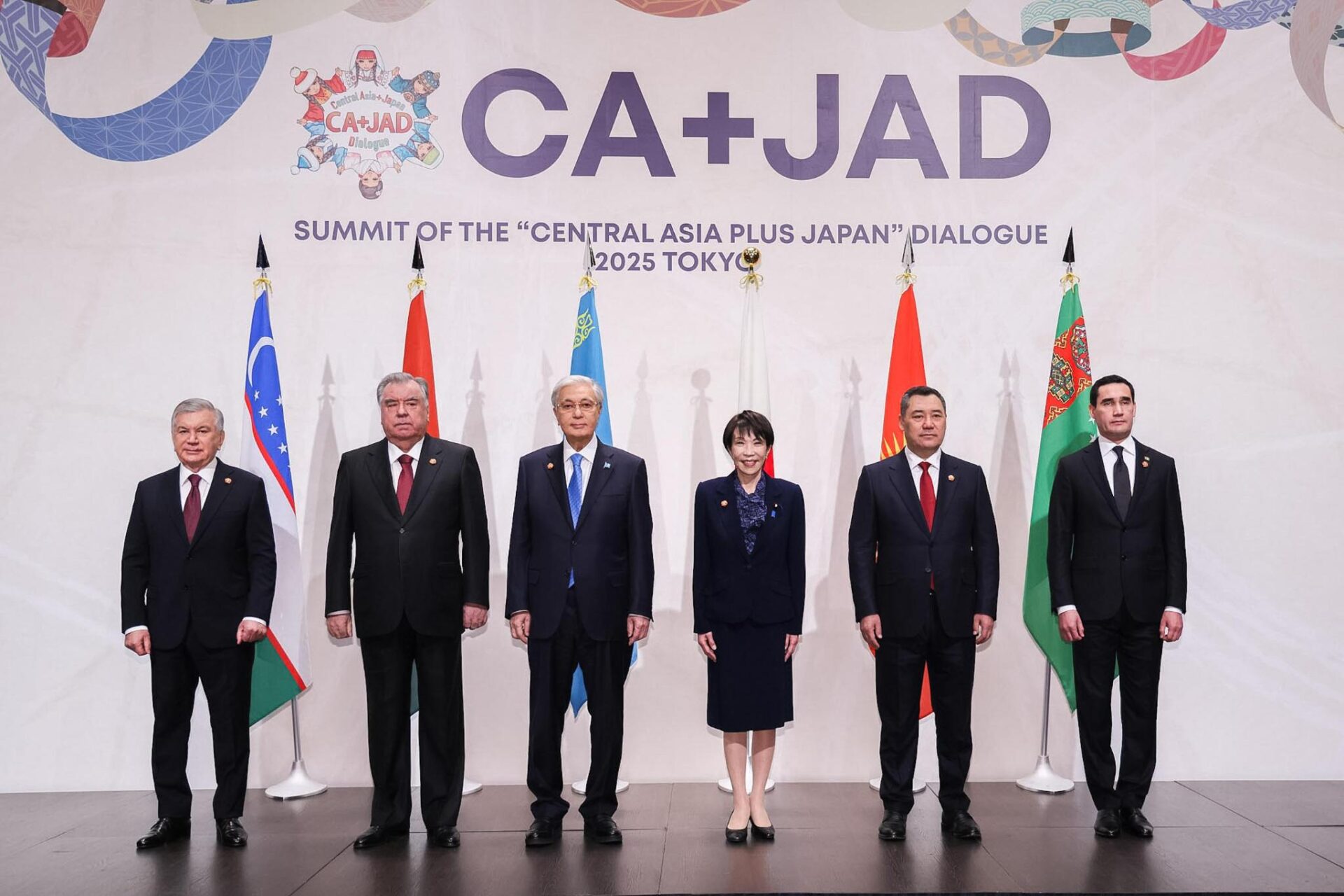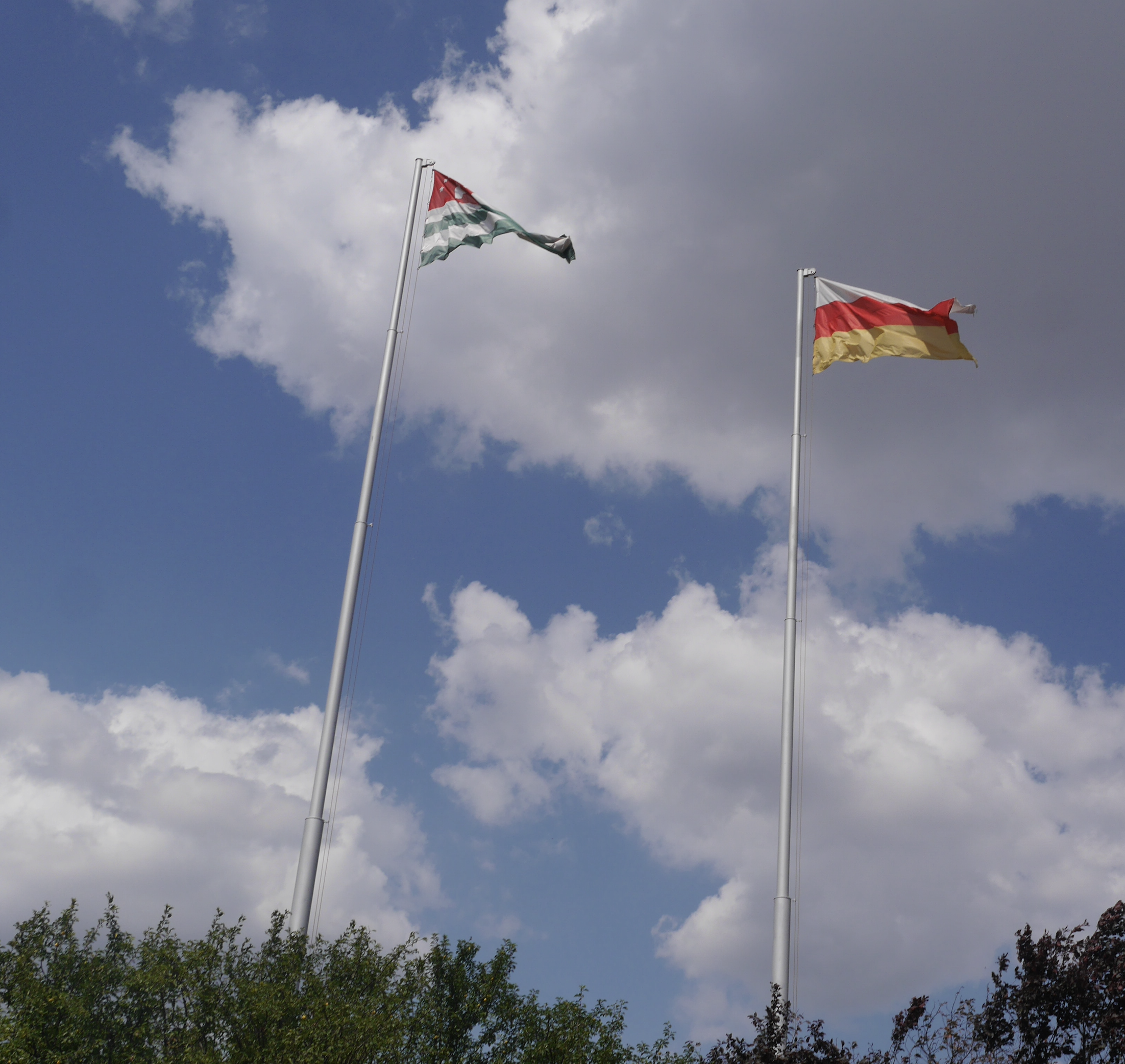KIRIENKO FIZZLES AT HARVARD.
KIRIENKO FIZZLES AT HARVARD.
Last week in Russia there was much speculation of a possible bright political future for Sergei Kirienko–as one of the leaders of a new democratic-centrist bloc, or, alternatively, as a possible prime minister under a future President Yuri Luzhkov. Kirienko, who served as Russian prime minister from May until August of this year, concluded a speaking tour of the United States with a lecture at Harvard University on 7 December at which a Monitor correspondent was present.
In this presentation, Kirienko did not come across as a dynamic political leader, nor even as a person with a very solid grasp on Russia’s economic realities. A quiet, soft-spoken man, he relies on wry jokes and folksy homilies to explain the political challenges facing Russia. His fundamental argument was that reform had stalled in Russia because cultural values were slow to change and unfortunately the people had not yet accepted the need for radical market reform. He said that it was a pity that in Russia, unlike in America, the poor are more likely to vote than the well-off.
Kirienko made repeated references to the communist threat–the way that the communists in the Duma sabotaged economic reform, the way that they are toying with anti-Semitism. This is well and good–but for the past several years democrats have been trying to build a political coalition around anticommunism, and this strategy has clearly failed.
One perceptive observation Kirienko made was that Prime Minister Yevgeny Primakov’s apparent success in achieving political consensus is due to the simple expedient of avoiding making any decisions over economic policy. If there is no policy, there is no disagreement.
Offering few original insights into Russia’s current economic plight, Kirienko’s basic argument was to insist that tough reforms are necessary (spending cuts and tax increases), and to argue that sooner or later the Russian government will be obliged to adopt such policies–even a future government, elected on a populist ticket.
Kirienko ducked just about every economic question from the audience. Why were the interest rates paid on treasury bonds (GKOs) so high? What happened to the US$4.8 billion loan tranche which the IMF sent in July? Was in retrospect the 17 August default a mistake? As for future Western policy towards Russia, he ran through the familiar wish-list of proposals, such as restructuring Soviet era debt, fresh IMF loans tied to macroeconomic stabilization, Russian entry to the World Trade Organization, and freer access for Russian goods to Western markets. Kirienko seemed to overestimate the extent to which the West is willing to make such concessions in the wake of the August debacle. One observer was reminded of the saying that those who cannot learn from their mistakes are condemned to repeat them.
FREEDOM AWARD TO SHARAMET.


